A year or so after we married, Ann quit work and stayed home to tend the children. After they were house-broken, we thought they’d enjoy a trip. Problem was, neither her Corvair nor my Rambler could contain our exuberant brood. They bounced around a back seat as if it was an inflatable playhouse.
We decided it was time to buy a station wagon. A new one being out of the question, we searched newspaper ads for a promising vehicle. A used car agency offered one at a decent price. (Why, oh why was I so trusting after my Buick? … Oh, I know—forgot to tell you: I heed no lesson until hit on the head twice.)
The agency showed us a used Plymouth station wagon, Ann and I inspecting it thoroughly before taking a satisfactory test drive. All seemed well. We were especially impressed with the car’s tires: shiny, deep tread; they even had those little nipples making a tire resemble a pronged sea mine. We thought the tires were new.
No, they were retreads—a fact made apparent when treads separated, whacking the daylights out of the Plymouth’s fenders, and adding to the litter beautifying the highway. Twice we hurriedly stopped at service stations, replacing what remained of the tires with a new pair. “You have to buy them in pairs … otherwise, you’ll get out of balance.” That’s what service station managers said. To this day, I’m not sure if they meant the car would get out of balance or I would.
As we left the last station, I started hearing the oft-repeated query, the oft-repeated whine, “Are we there, yet?”
I learned something on that trip: Children don’t like to look outside a car. Oh sure, we could get their interest briefly by saying, “Look, look, there’s a moo-cow!” or “There’s a horsey!” but, by and large, our kids preferred to play whatever games they were engrossed in … or argue and scrap with each other. Ann was invaluable at such times, telling them to shut up or we’d sell them to gypsies.
As I recall, our trip was to a small campground called Manzanita something-or-other. The kids got to romp around and swim—Ann, a wonderful, overworked mother, had made sure they all graduated from swimming lessons before we’d venture such aquatic adventures.
That weekend was quite a success, so we planned a more ambitious week-long trip to a vacation resort northeast of San Diego. It was called Butterfield Country and proved a wonderful visit. The kids again got to swim all they wanted, explore and scamper on fallen oak tree trunks like young goats—“kids”.
Setting up camp at Butterfield proved challenging. We had bought a large, canvas tent that, unfortunately, didn’t compete favorably with today’s tents—the ones you fling on the ground with just the slightest flick of a wrist to watch the thing fully open, queen-size beds already made, pot of coffee percolating. No, ours came with colored rods, wooden stakes, sections of rope, and an instruction manual. What we neglected was to hire circus roustabouts to raise the tent.
Thanks to our college degrees and a lot of bickering, we deciphered the instruction manual, constructed the tent according to instructions, and took up residence. During the night, a strong wind rose up, dislodging wooden stakes and setting parts of the canvas a-flapping. I had to get up, go outside, and re-pound in those stakes, hammering until I hit bedrock or oil. I returned to my sleeping bag chilly and crabby … a good epitaph for me: “Here lies What’s-His-Name, chilly and crabby.”
The rest of that week was a pleasure, especially evenings. I’d build a campfire as directed in an old Boy Scout manual, making a tepee of small sticks over a bit of tinder. Then, I’d light the fire by rubbing two kids together—no, by using a match. After that, we’d sit around and watch the thing flare up, die down, and turn to ash.
Thereafter, I learned to start the damn thing with newspaper liberally doused with lighter fluid. By the end of the week, the camp store had to order a new supply of both. Once the campfire burned satisfactorily, we did the usual things families do around a campfire: sing songs, tell ghost stories, incinerate marshmallows and stare blankly into flames until mesmerized.
We returned home at week’s end “refreshed”—meaning worn out, dirty and silent. Even our kids lacked the energy to squabble. But, that’s what vacations are for, right?
~~~~
We weren’t the only family who went camping. My in-laws did, too. Older and wiser than us, they sneered at tent camping, first adopting a truck camper. It nearly ended our marriage. My father-in-law let me borrow the camper for a short trip … where I discovered the vehicle was top-heavy. Actually, that should have been obvious since it consisted of a camping unit, basically a little house, mounted on the bed of a small truck. When making a downhill left turn, I nearly tilted the thing on its side.
Ann, who was arranging stuff in the camper, crashed into the kitchen area. She exited disheveled, bruised and outraged, muttering something about divorce.
A couple of years later, my in-laws traded the camper for a 24-foot trailer and, again, let me borrow it, along with their tow-car, a sedan. We’d been told that Jerome, Arizona was a picturesque place to visit, so we headed that way, heedless of the weather. Arriving at nighttime, in a blinding snowstorm, I unwittingly backed the trailer down a progressively steeper slope until it bumped into a fence.
There we sat, grateful to be stopped, and moved into the trailer, glorying in its comfort. Morning arrived, as it often does, and we discovered the trailer’s plumbing had frozen. No problem. I checked in at the camp office, which included a little store, and bought heat-wrap to put around the frozen pipes. After an hour, they thawed … and we had water gushing on the floor. It seems water pipes burst when dissatisfied with their temperature.
Well, we hired an outfit to replace all that piping, but a difficulty remained. No matter how hard I tried, the car wouldn’t pull the trailer back to level ground. I finally had to employ a towing service to yank us clear. Because of that day’s bad weather conditions, the service was busy helping other vehicles extricate themselves from trouble. We didn’t get towed clear until time to head back to town. Never did see much of Jerome on that trip (did years later, and it was indeed picturesque).
What with repairs to the trailer’s water piping and an exorbitant fee for towing us loose, I’d laid out a fortune, returning home poverty-stricken, tail between my legs, somewhat bitter, certainly disappointed. I’m unclear about our route home, but in any case, we departed Bakersfield, California on US 99, heading toward Los Angeles.
That put us on a steep uphill climb, popularly called “The Grapevine” (in those days, you could even smell grapes grown in that area). For some reason, my father-in-law’s car balked at the climb, and I had to give it more and more juice. We finally made it to the top, probably at five miles per hour, noticing, but ignoring a distinct stink.
It was mostly downhill from there, and we had no further significant trouble, although I had to accelerate a lot to force the car all the way home. It simply didn’t want to cooperate. The next morning, I drove the reluctant car to my favorite mechanic, Paul, who was honest and reputable. He opened the hood, and his eyes popped.
“You’ve burnt through seven of the eight sparkplug wires. Lucky you made it here on the one remaining.”
“Can you fix it, Paul?”
“I’ve got to replace the entire wiring harness, and it looks like some sparkplugs are shot.”
“Ok, Paul, replace the lot.”
A day later, after paying Paul by credit card, mortgaging my future for a couple of years, I returned the car and trailer to my in-laws and admitted the damage I’d done. They were gracious and didn’t disown me. My in-laws were wonderful folks.


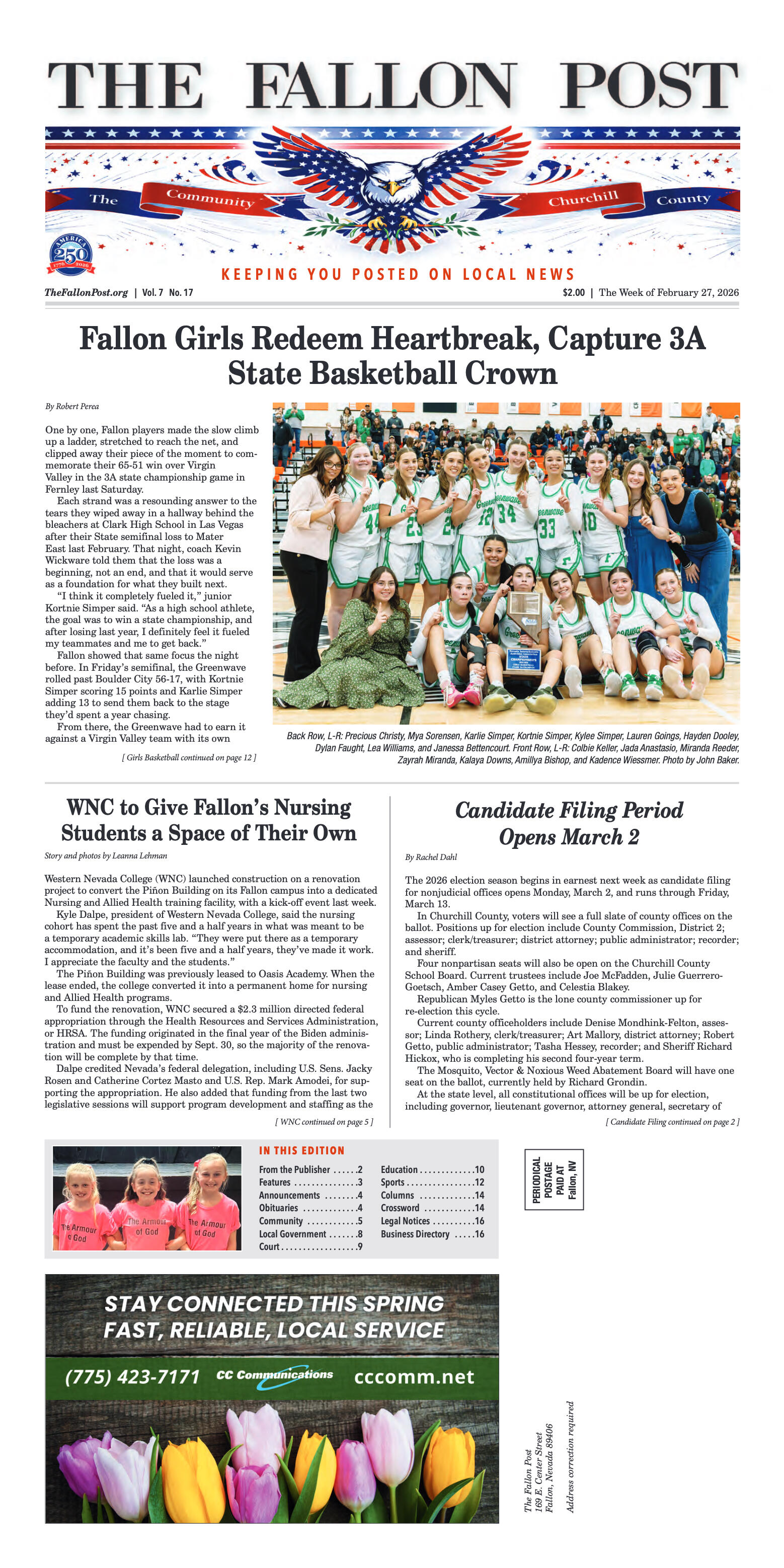
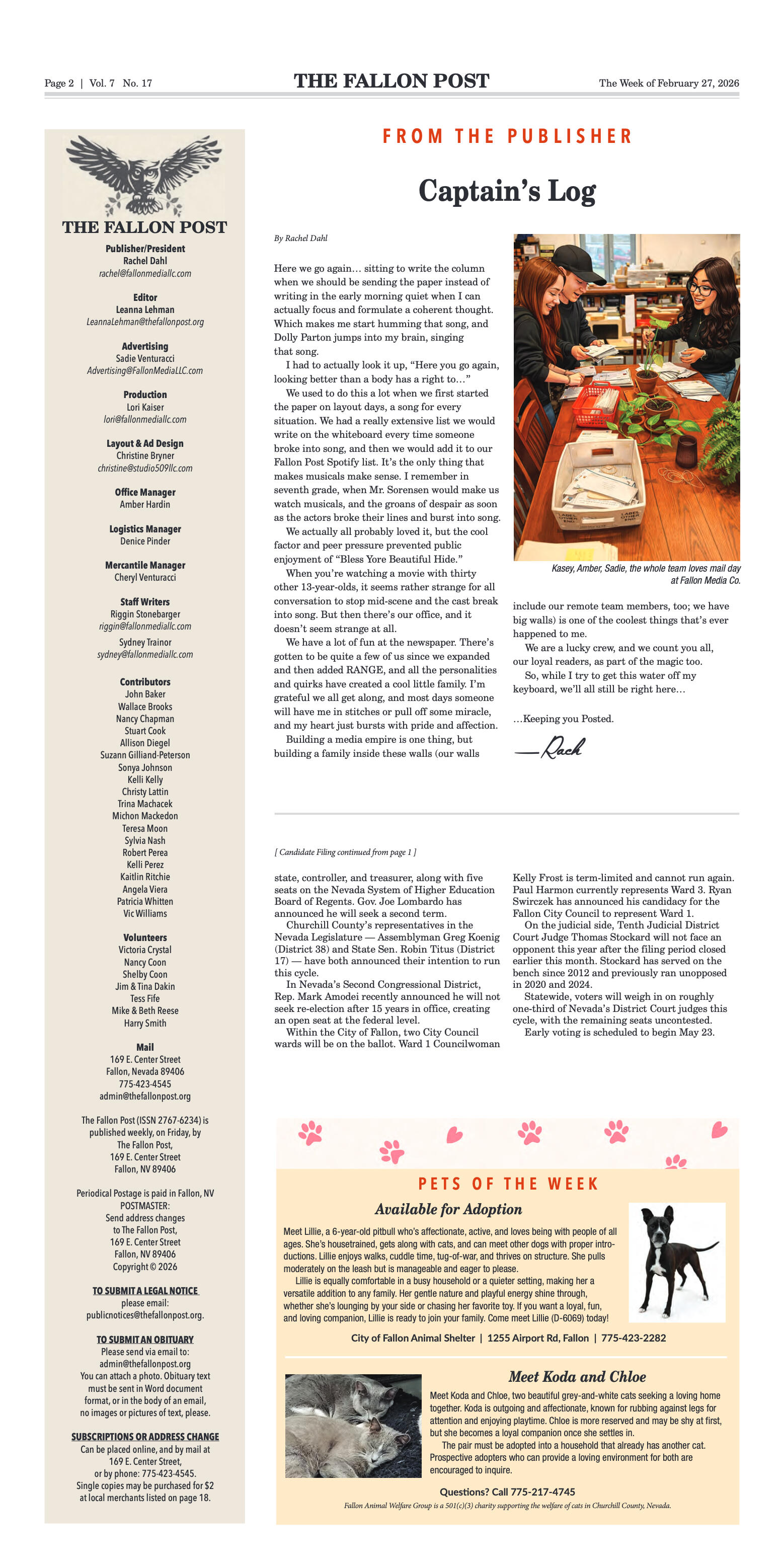
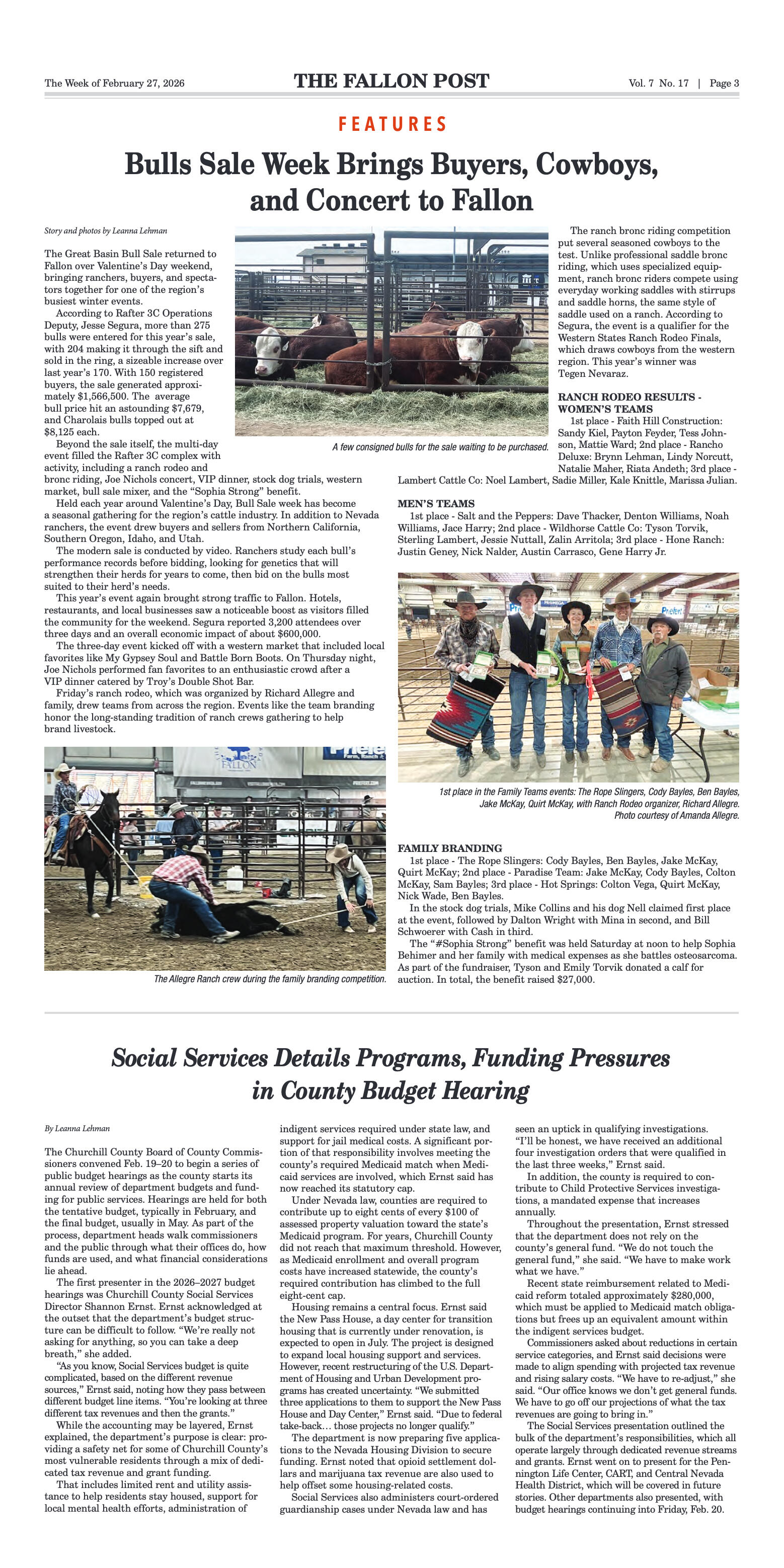
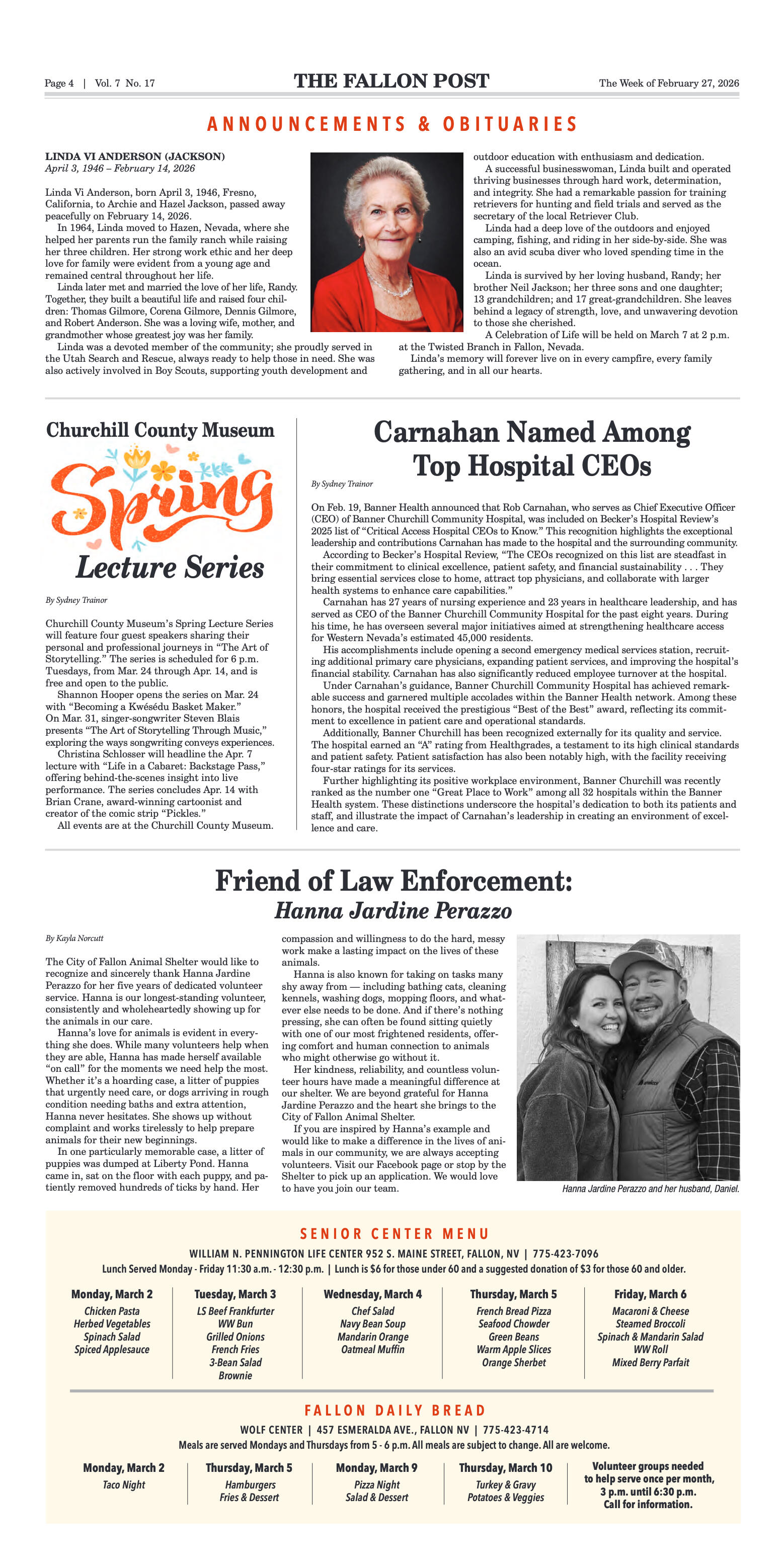
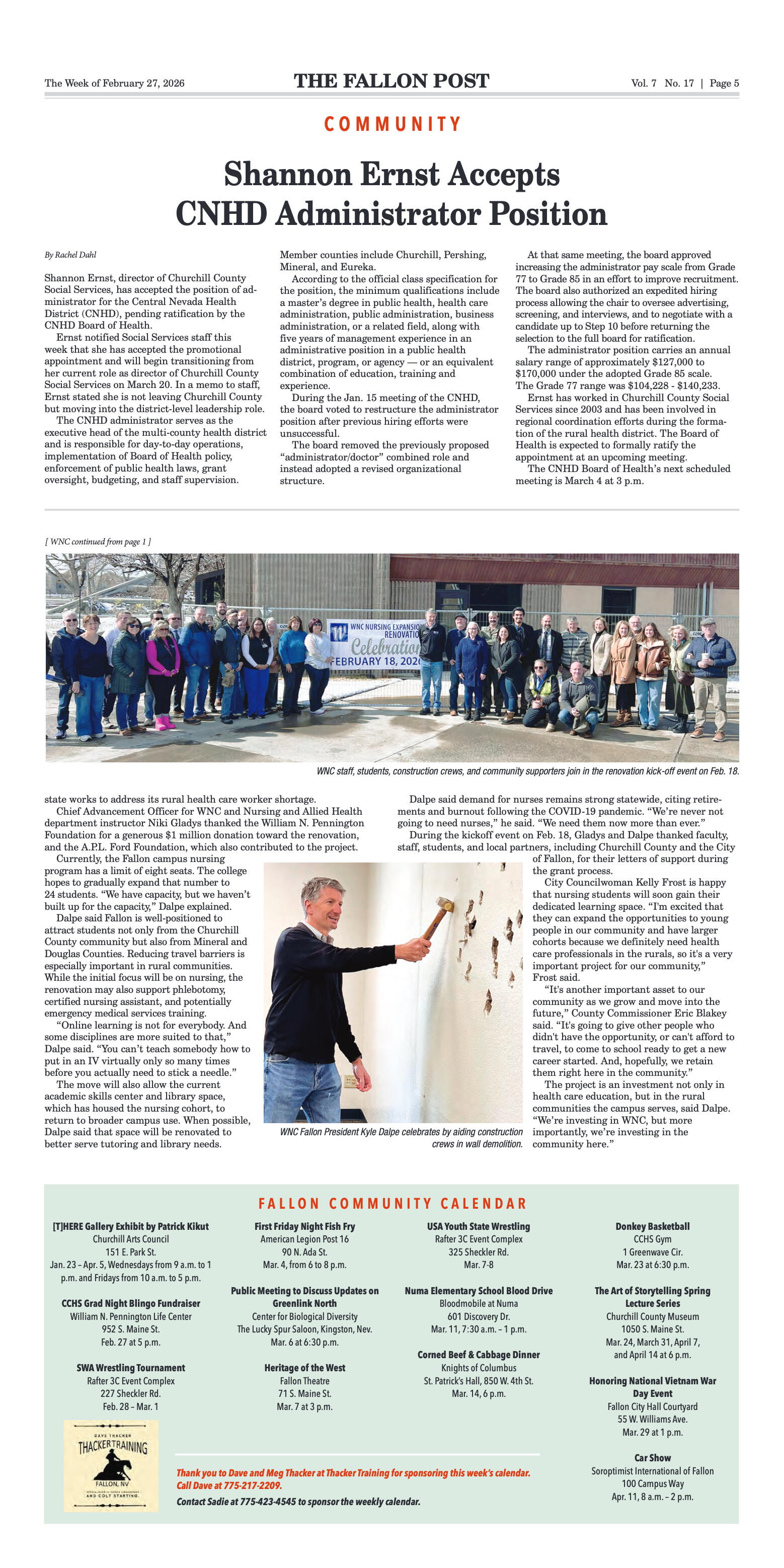
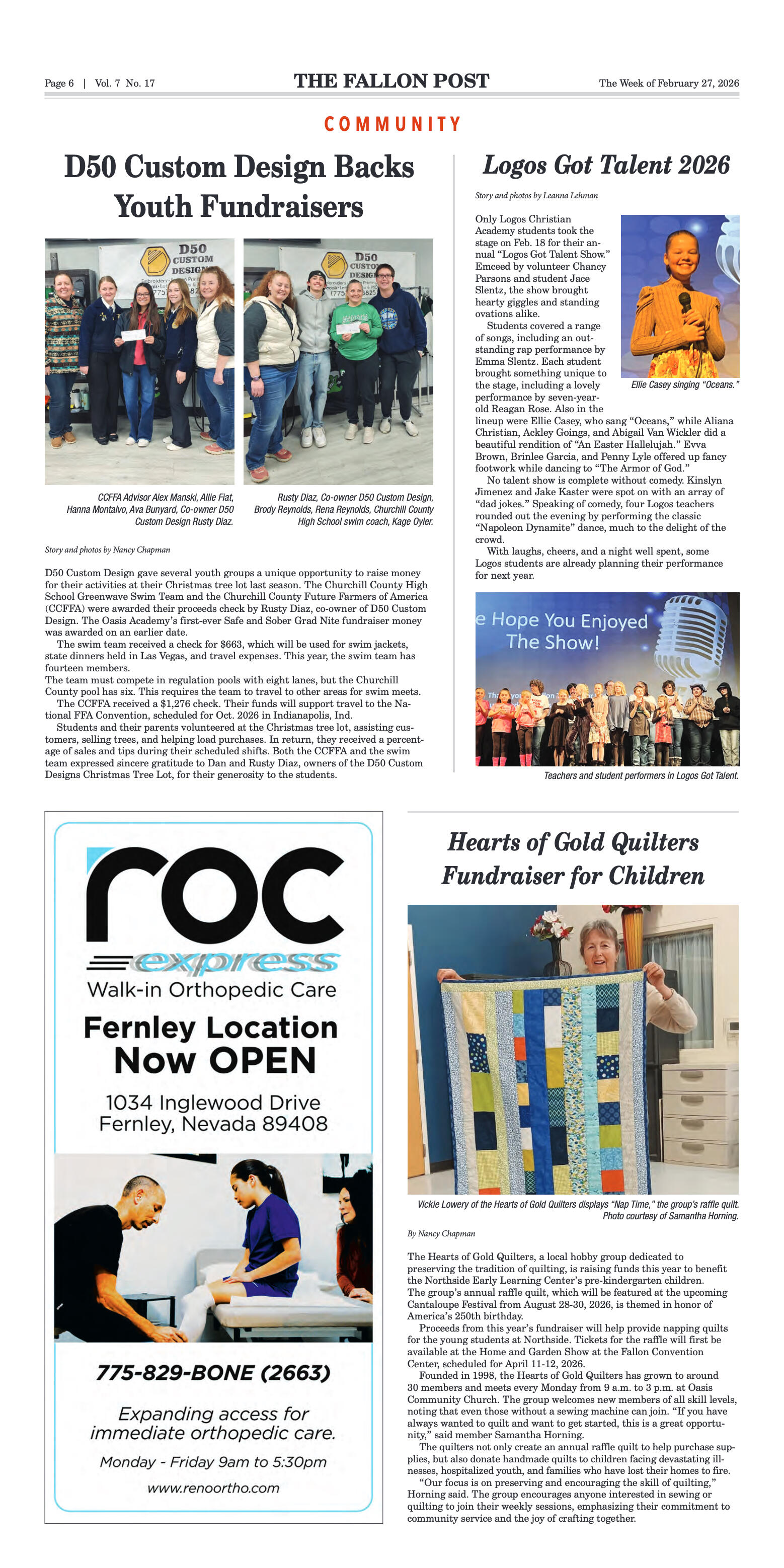
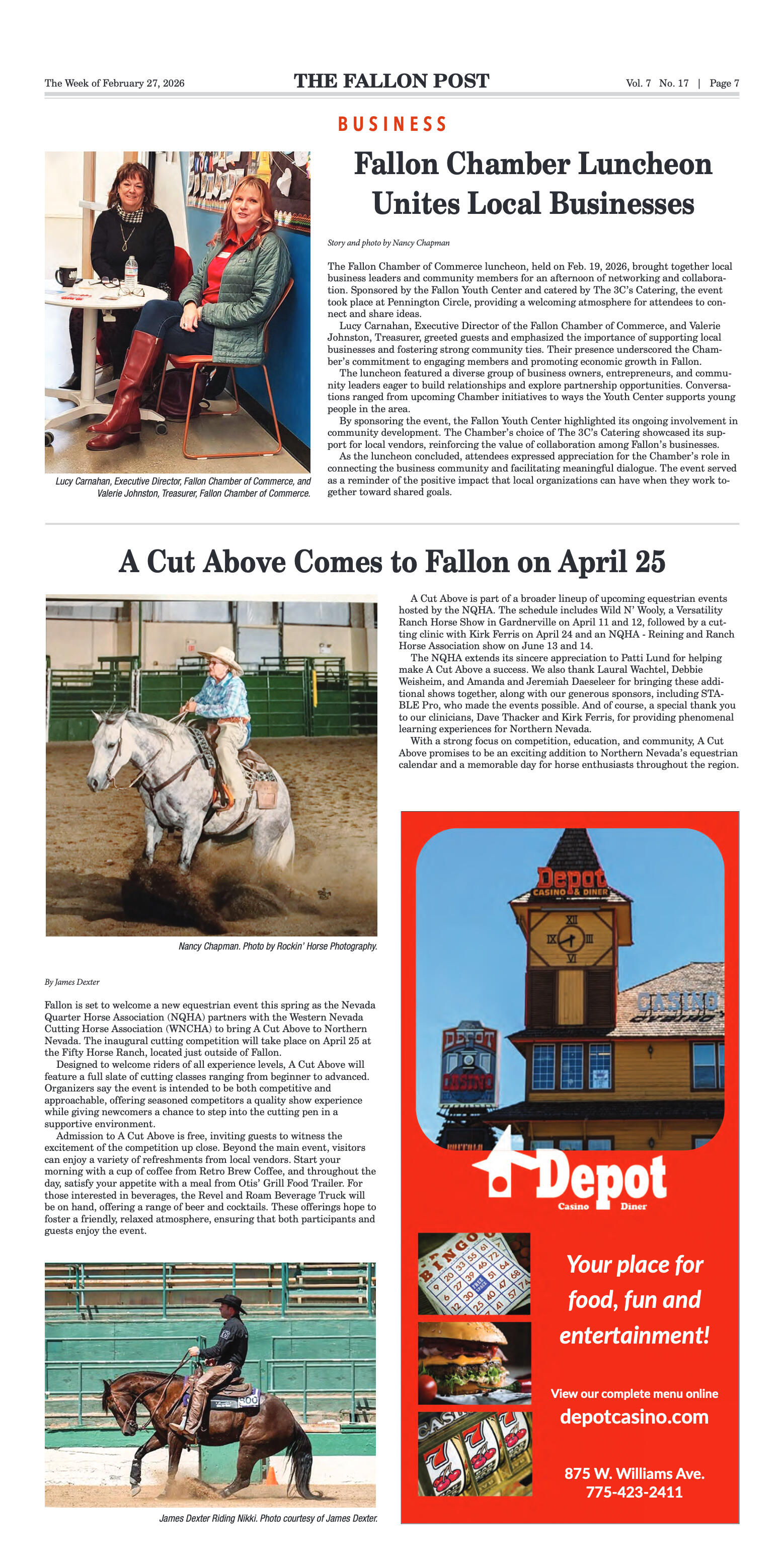
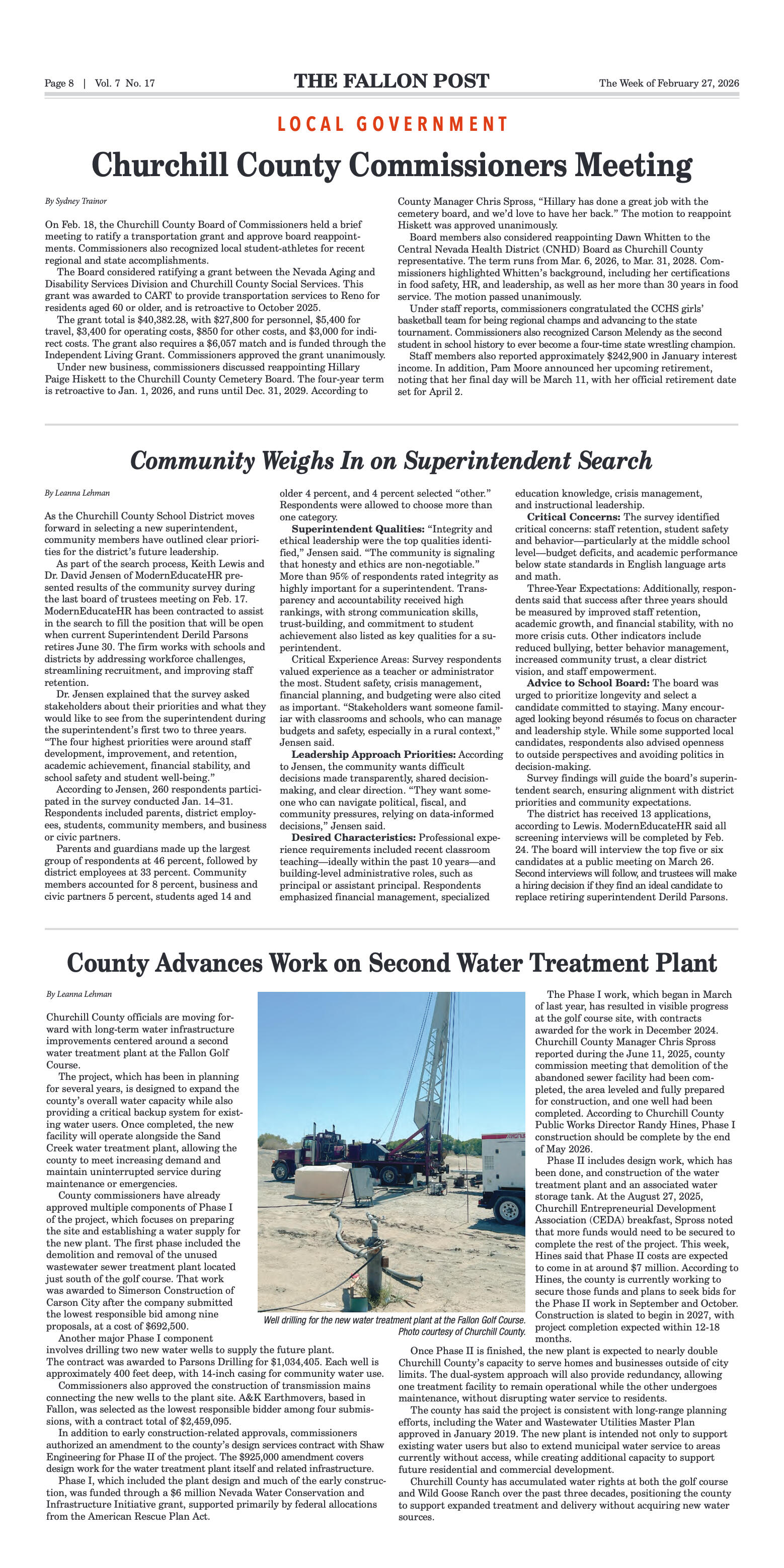
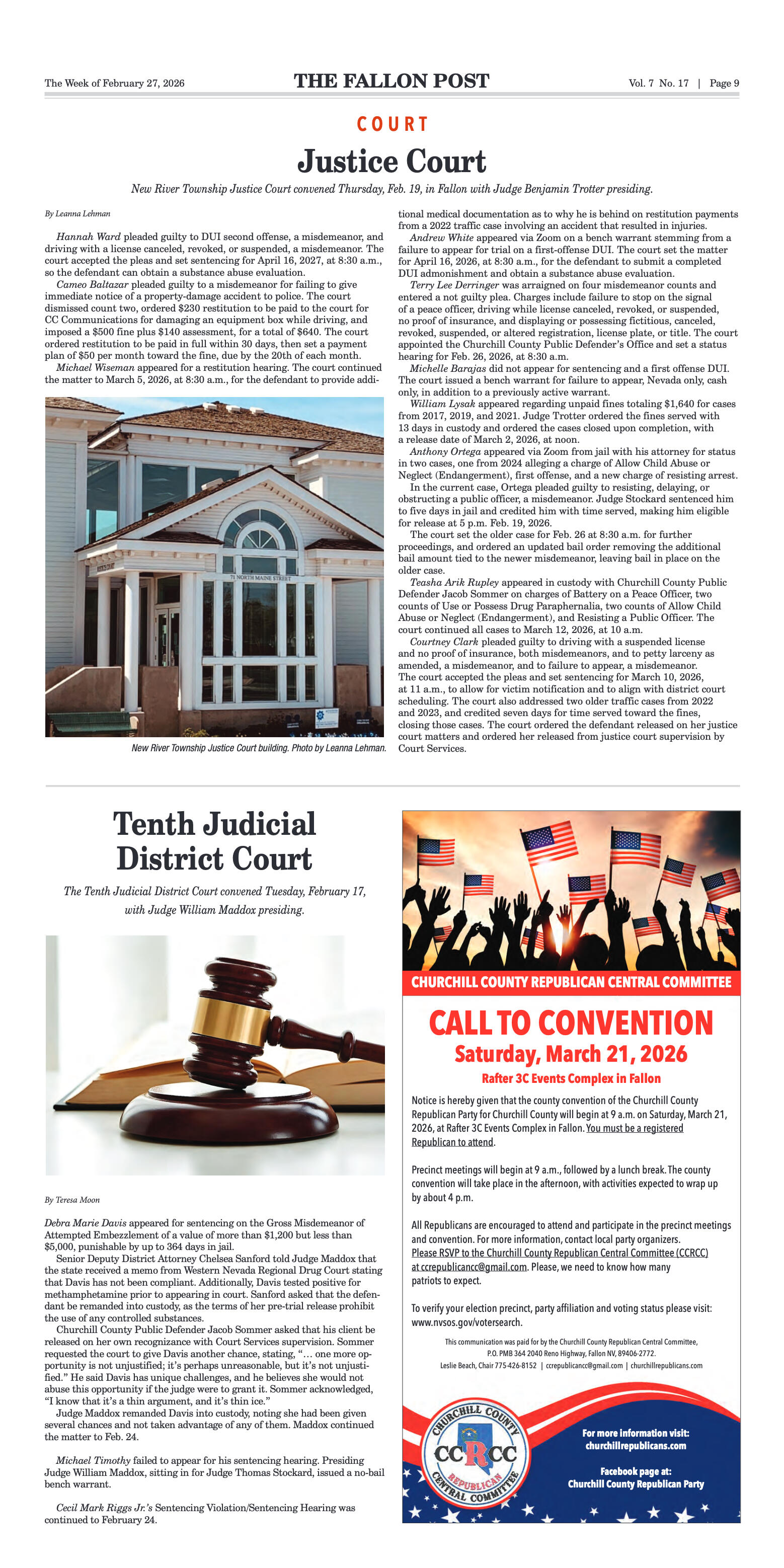
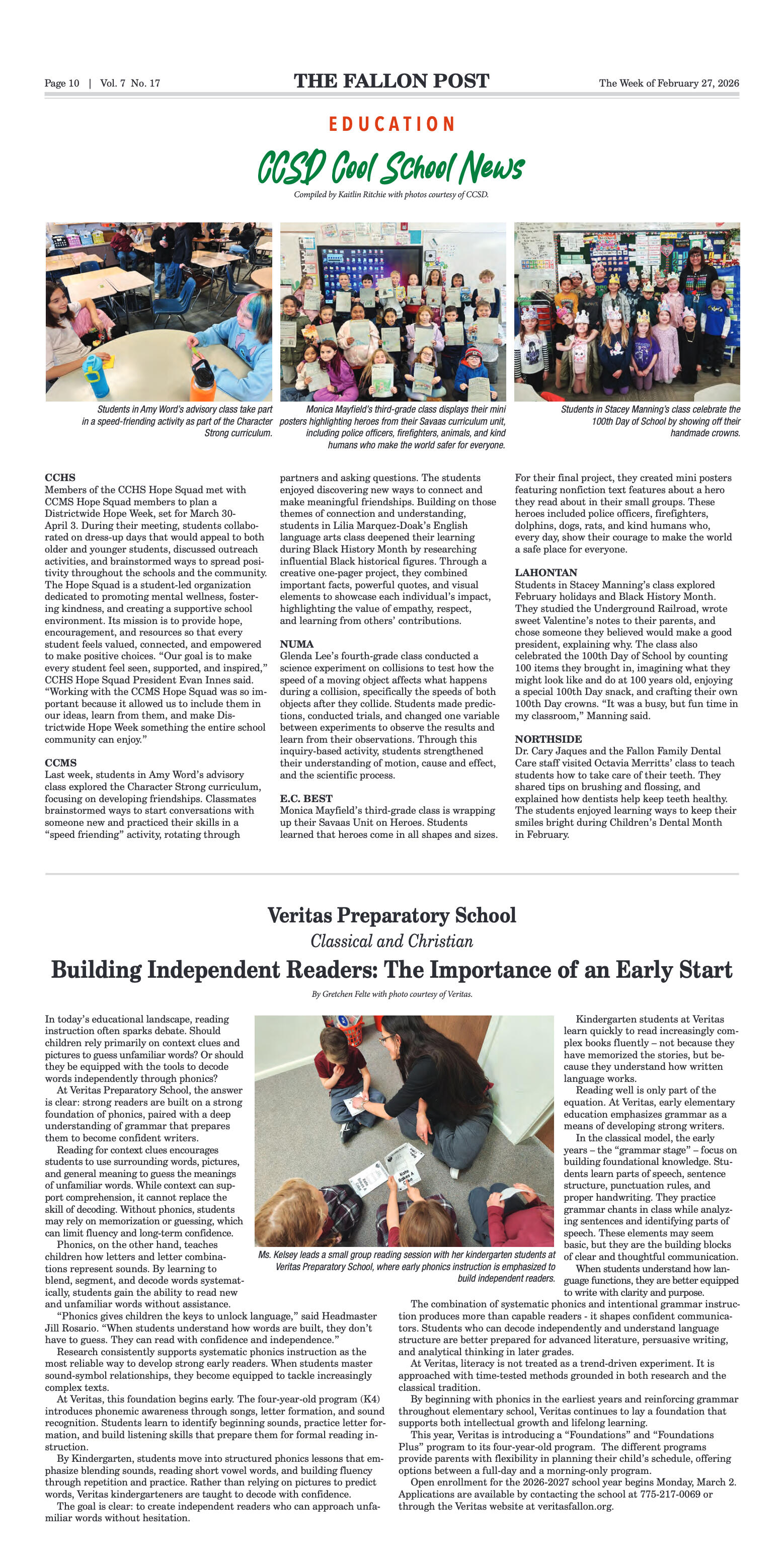
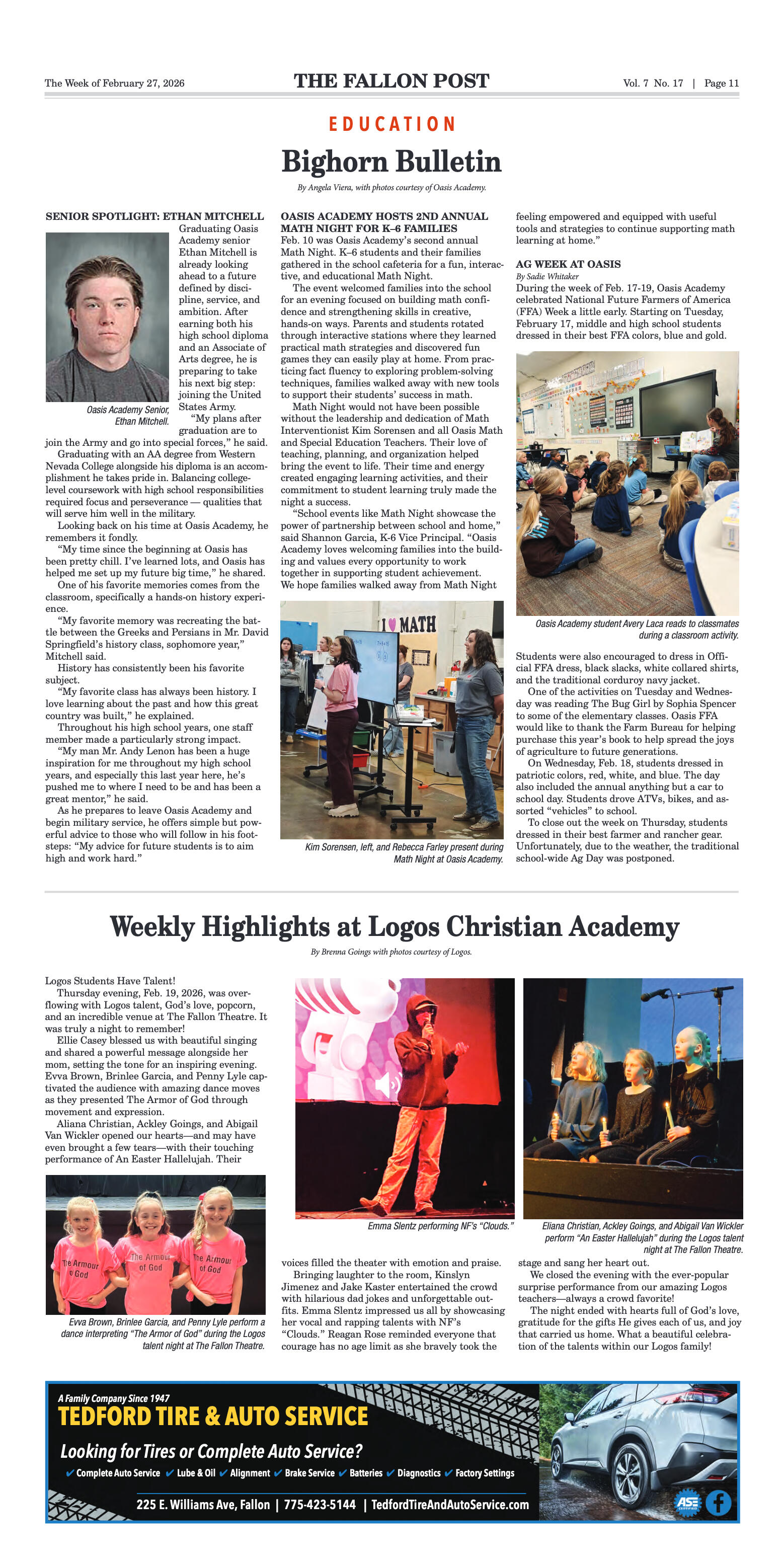
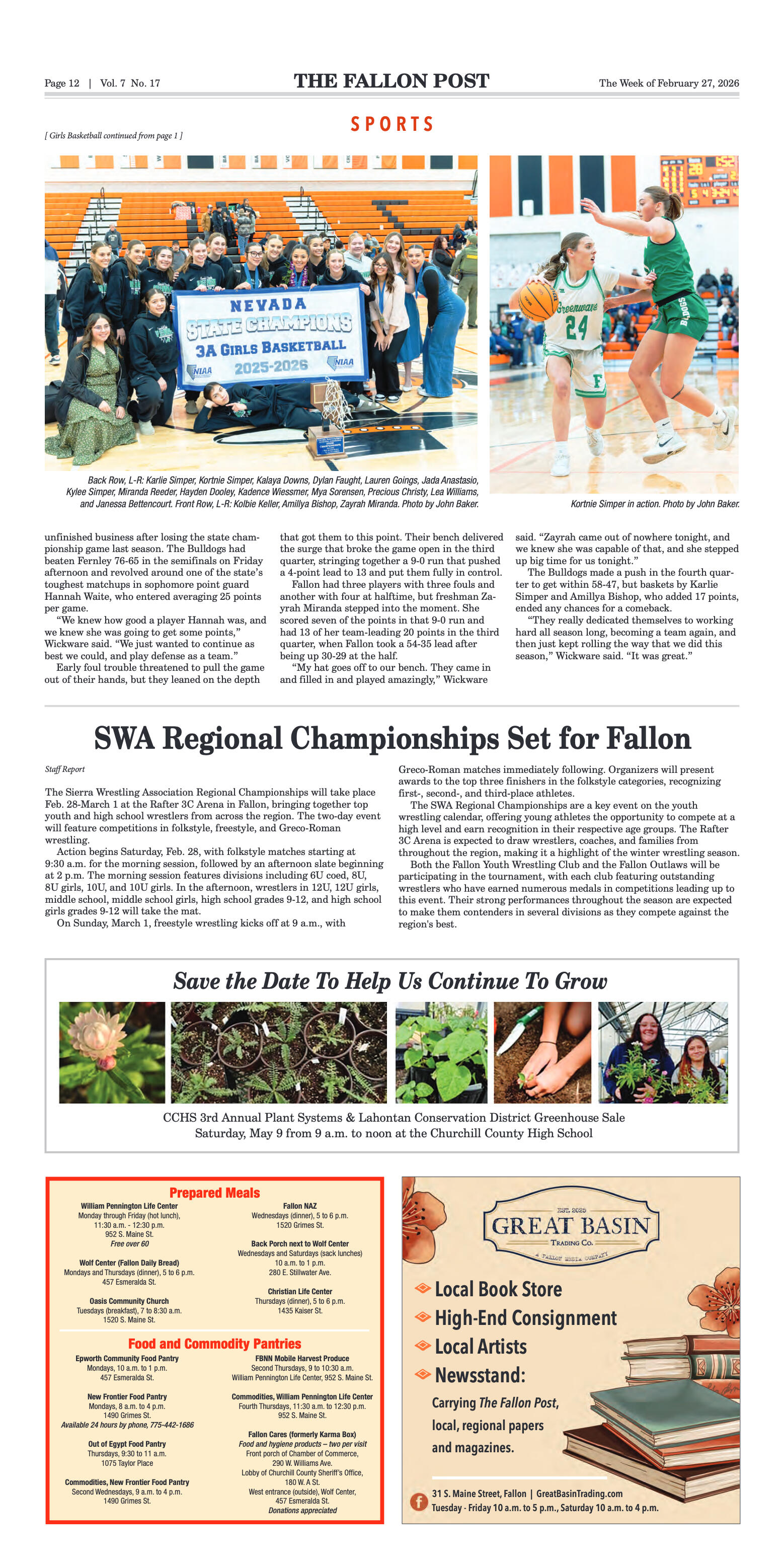
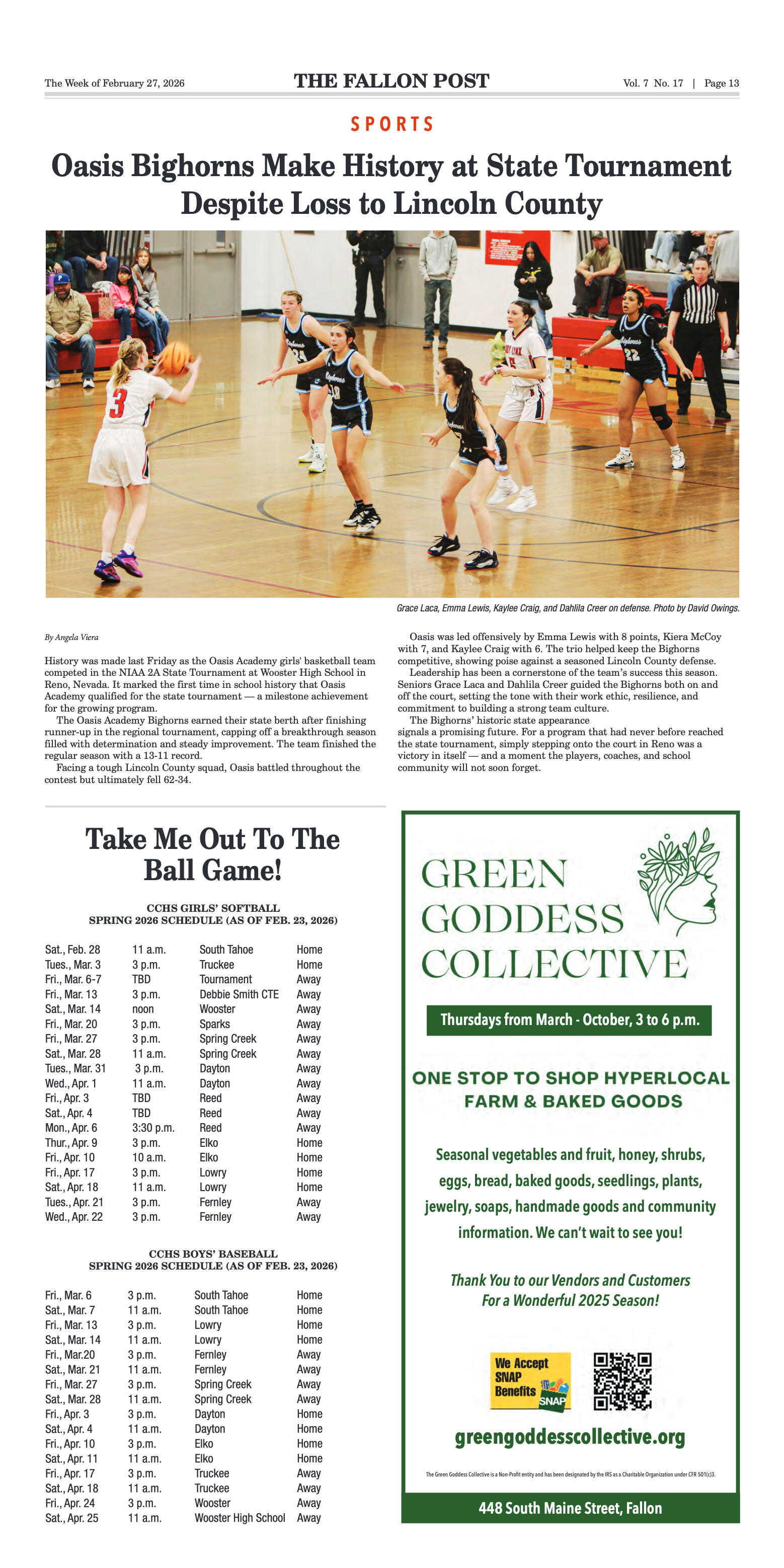
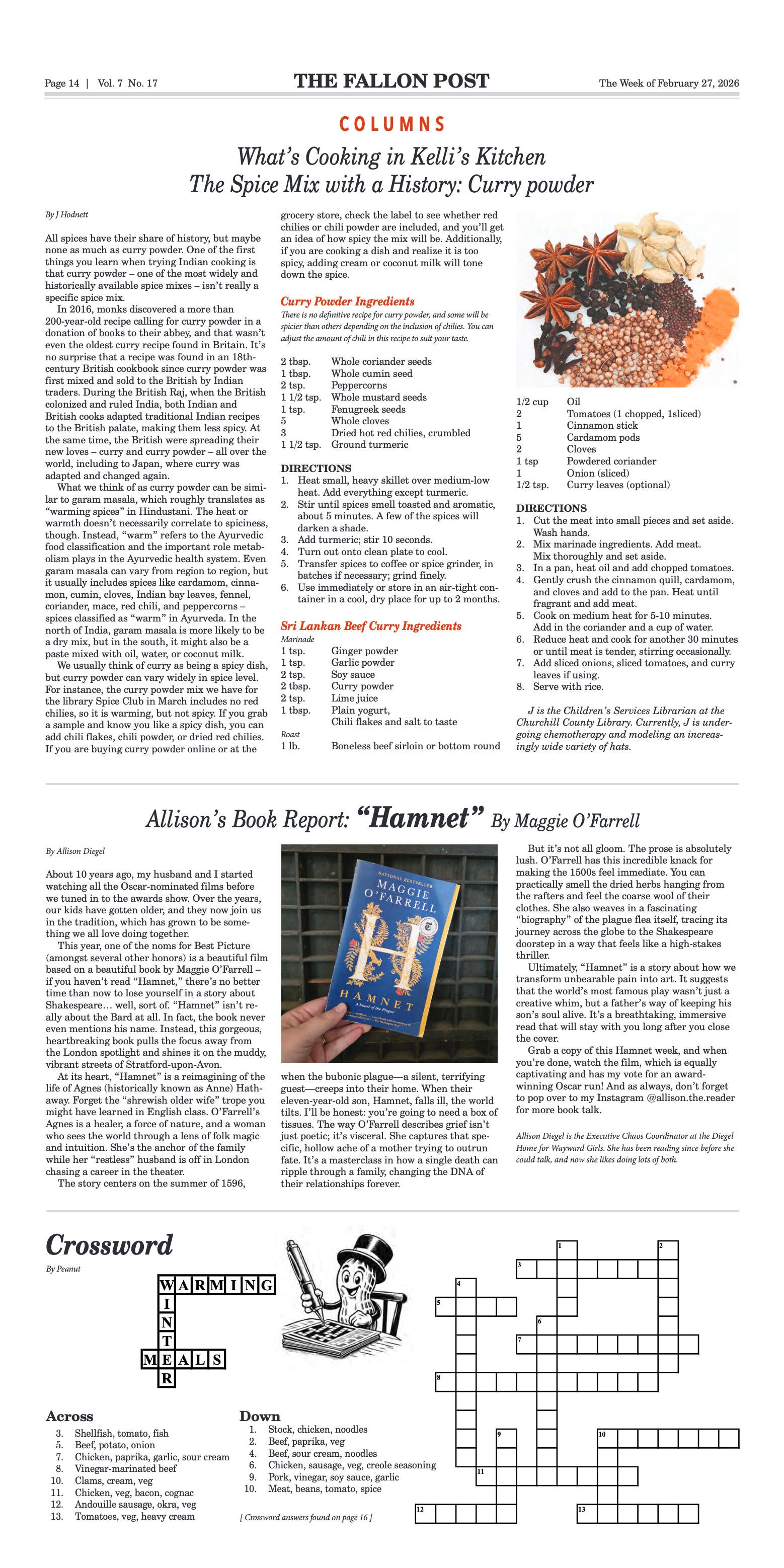
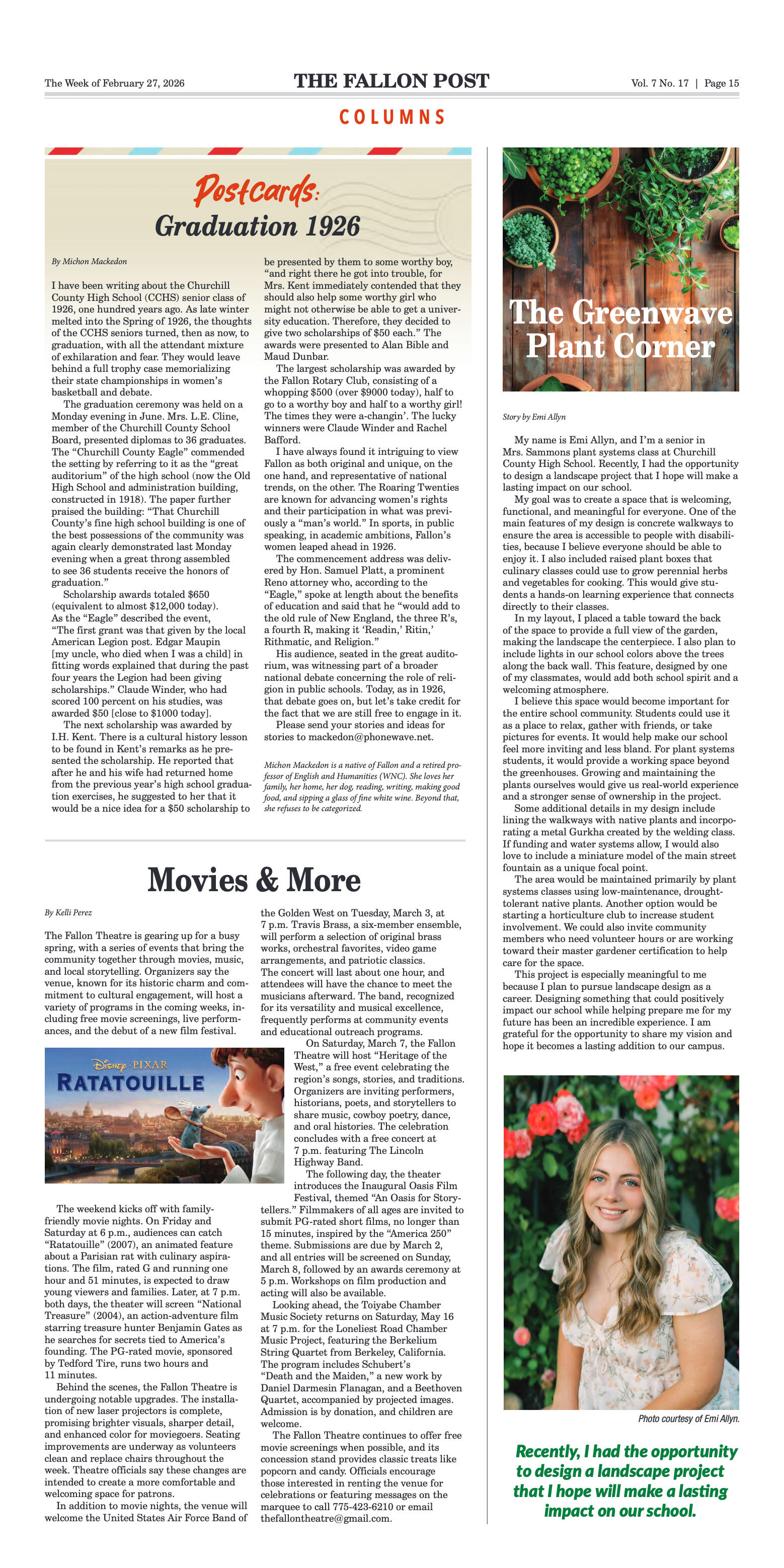
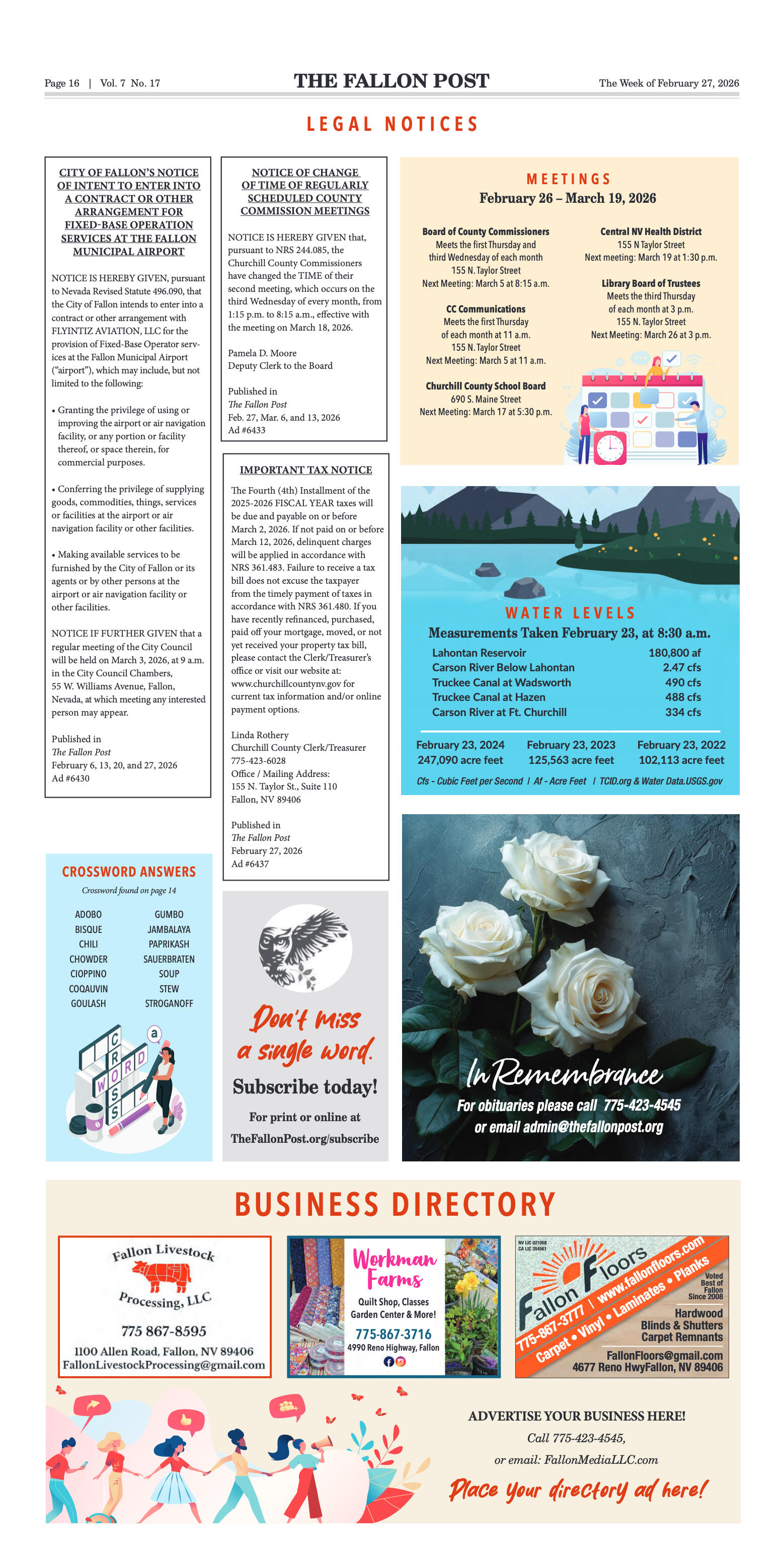
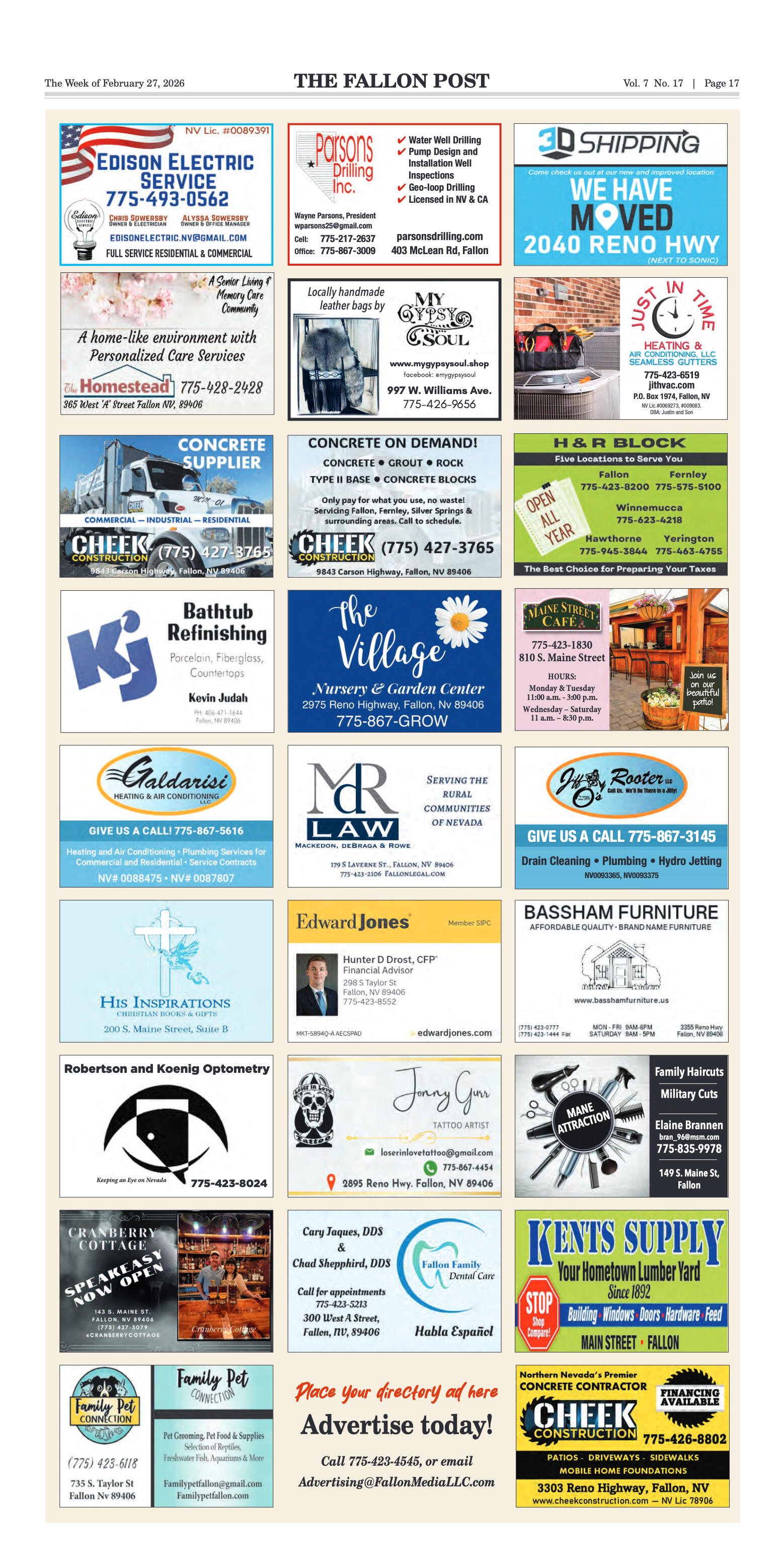



















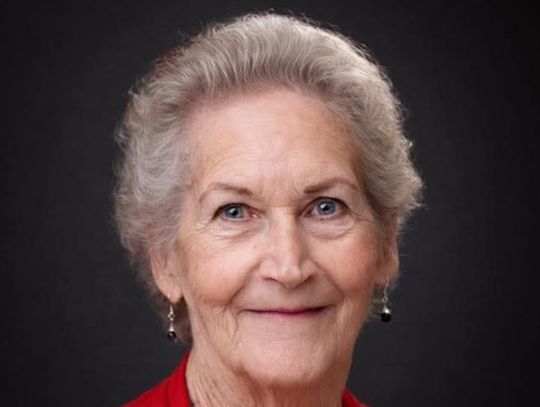


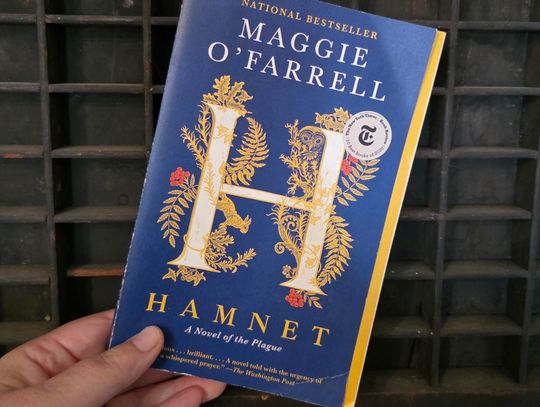
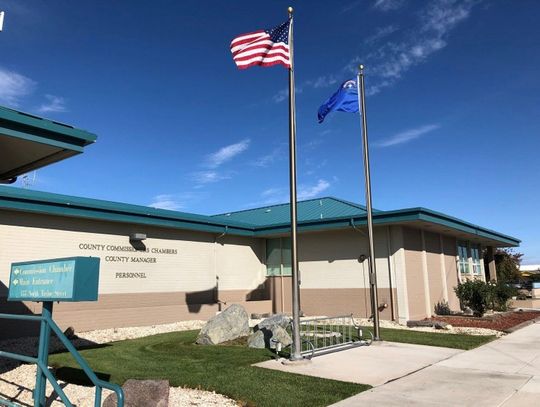

Comment
Comments